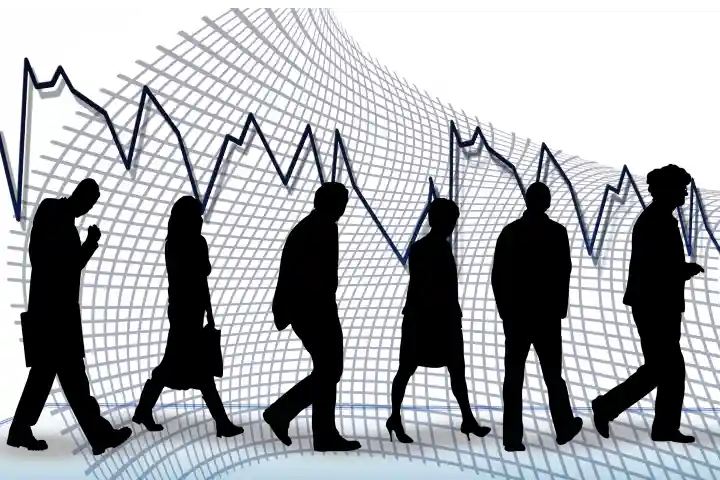Manufacturing activities in Russia, which is under several sanctions, is increasing. The S&P Global manufacturing purchasing managers’ index (PMI) , an indicator of economic trends, stood at 50.9 in June 2022 up from 50.8 in May. In March—just after Russia’s invasion into Ukraine, the PMI had fallen to just a tad above 44. In April, it was a little over 48.
The reading pointed to the second straight month of expansion in factory activity, as new orders returned to growth, boosted by greater domestic demand and the agreement of new projects, data collation portal Trading Economics revealed.
The country’s employment generation also witnessed a healthy growth amid companies stepping up their recruitment activities.
Anna Koroleva, a senior journalist in the country tracking economic trends said that though the several sanctions thrashed out against Moscow have had an impact, “it has not crippled the economy” as was being projected.
Russia, which invaded Ukraine, is under about 11,000 individual sanctions.
“Russia is now aggressively looking at expanding its economic engagements with the rest of the BRICS (Brazil-Russia-India-China-South Africa) block,” she told India Narrative.
Russia, featuring among the countries with least debt levels globally, has defaulted on its international repayment for the first time in 100 years. But Moscow has said that the default is artificial as it is a result of economic sanctions and not because of lack of foreign exchange reserves.
In 2021, the country’s debt to GDP level was below 20 per cent at just a little over 17 per cent. Though its default will not make any global economic flutter since it is “minuscule.”
National Public Radio (NPR) said that while the sanctions caused some immediate damage, the Russian government has spent years preparing for a situation like this. When it faced sanctions in 2014 after annexing Crimea and launching a "hybrid war" in eastern Ukraine, Russia began trying to sanction-proof its economy.
Despite sanctions Russian economy has not crashed. The country is sitting on 11 per cent of global oil reserves while producing 21 per cent of world’s total gas production demands. It is also relatively food secure.
Also read: PM Modi and Putin discuss global food and energy crisis, Ukraine war over phone




















